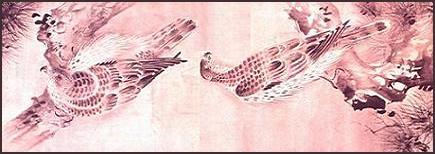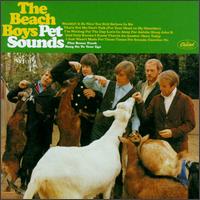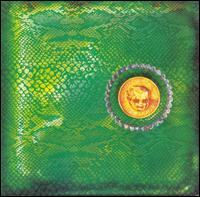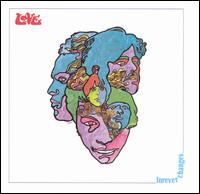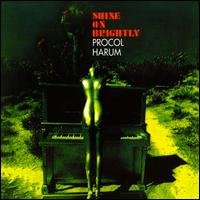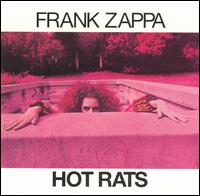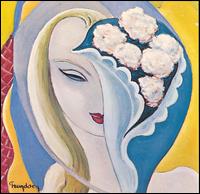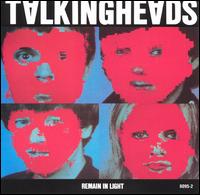Michael Schumacher apologised on Sunday, while still protesting his innocence, to anyone who suspected he had tried to manipulate Monaco Grand Prix qualifying in his favour. Speaking after salvaging a fifth position after starting last, the Ferrari driver said he had a clear conscience.
"Anyone who thinks that I deliberately wanted to wreck Alonso's lap is wrong," he told Germany's RTL television. "And to those who think that, I can only say 'I'm sorry that it happened'. "But that was certainly not the intention because I was not even aware of where Alonso was. We didn't have radio contact and I did not have any knowledge of who was driving out."
Race stewards ruled on Saturday that the seven times world champion deliberately stopped at the slow penultimate corner of the track in the dying seconds of qualifying to prevent rivals from beating his time. He was stripped of pole position and Alonso, who qualified second, promoted in his place.
"I'm used to living with criticism and in certain situations you just have to live with it," continued Schumacher. "I think that there is a lot of prejudice involved, because no one was really sitting in that car and knew how and why everything happened as it did. Without knowing the situation we had and what I felt, no one else is really in a position to accurately judge what happened from the outside," added the 37-year-old. "I have to admit that certain things must have looked a bit curious from the outside but there were reasons for that and I don't really want to elaborate on it. It's not really anyone else's business either."
Schumacher, five times a winner in Monaco and the most successful driver in the history of Formula One with 86 wins, recognised that his career was a chequered one with lows to match the highs.
"Everyone's got some spots on their clean vests," he declared. "I believe that I've had for the most part a clean vest in the 15 or 16 years that I've been in Formula One and there are perhaps a few darker points in there where some may dispute or criticise things. But I can live quite well with that."
Schumacher's manager Willi Weber had spoken earlier about envious enemies and the driver agreed that there were plenty of rivals in the paddock eager to see him punished. He did not expect a reconciliation any time soon.
"Those who opened their mouths and made their snappy comments are now certainly too chicken to come to me and talk to me one on one," he said. "The others who are more reasonable have come up to talk to me about it. It's like anything else in life. You can't only have friends. You've got those who envy you and are foes. You've got to come to terms with that. Why should it be any different than in real life?"
Source: Eurosport
-----------------------------------------------------------------------------------
It was a completely unfair decision and I completely agree with Schumacher.
The stewards, having the authority to go either side, decided that it was more important to satisfy the needs of the large envious and foe camp rather than go with what they believe to have happened.
I didn't expect anything less from the people who are completely blinded by rage (check the quotes on Saturday - there are some, who made comments as if they were going to take the pole position, went there and opened their mouths with the aim of just critizing Michael Schumacher). Unfortunately, almost none of those will be able to win any championship until the end of their life as opposed to someone who has already won the championship 7 times.
"Anyone who thinks that I deliberately wanted to wreck Alonso's lap is wrong," he told Germany's RTL television. "And to those who think that, I can only say 'I'm sorry that it happened'. "But that was certainly not the intention because I was not even aware of where Alonso was. We didn't have radio contact and I did not have any knowledge of who was driving out."
Race stewards ruled on Saturday that the seven times world champion deliberately stopped at the slow penultimate corner of the track in the dying seconds of qualifying to prevent rivals from beating his time. He was stripped of pole position and Alonso, who qualified second, promoted in his place.
"I'm used to living with criticism and in certain situations you just have to live with it," continued Schumacher. "I think that there is a lot of prejudice involved, because no one was really sitting in that car and knew how and why everything happened as it did. Without knowing the situation we had and what I felt, no one else is really in a position to accurately judge what happened from the outside," added the 37-year-old. "I have to admit that certain things must have looked a bit curious from the outside but there were reasons for that and I don't really want to elaborate on it. It's not really anyone else's business either."
Schumacher, five times a winner in Monaco and the most successful driver in the history of Formula One with 86 wins, recognised that his career was a chequered one with lows to match the highs.
"Everyone's got some spots on their clean vests," he declared. "I believe that I've had for the most part a clean vest in the 15 or 16 years that I've been in Formula One and there are perhaps a few darker points in there where some may dispute or criticise things. But I can live quite well with that."
Schumacher's manager Willi Weber had spoken earlier about envious enemies and the driver agreed that there were plenty of rivals in the paddock eager to see him punished. He did not expect a reconciliation any time soon.
"Those who opened their mouths and made their snappy comments are now certainly too chicken to come to me and talk to me one on one," he said. "The others who are more reasonable have come up to talk to me about it. It's like anything else in life. You can't only have friends. You've got those who envy you and are foes. You've got to come to terms with that. Why should it be any different than in real life?"
Source: Eurosport
-----------------------------------------------------------------------------------
It was a completely unfair decision and I completely agree with Schumacher.
The stewards, having the authority to go either side, decided that it was more important to satisfy the needs of the large envious and foe camp rather than go with what they believe to have happened.
I didn't expect anything less from the people who are completely blinded by rage (check the quotes on Saturday - there are some, who made comments as if they were going to take the pole position, went there and opened their mouths with the aim of just critizing Michael Schumacher). Unfortunately, almost none of those will be able to win any championship until the end of their life as opposed to someone who has already won the championship 7 times.
